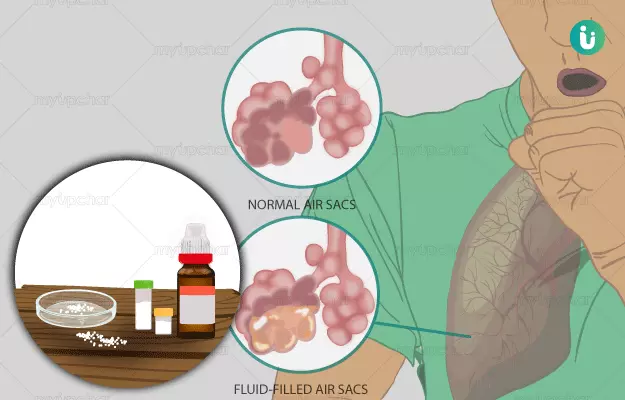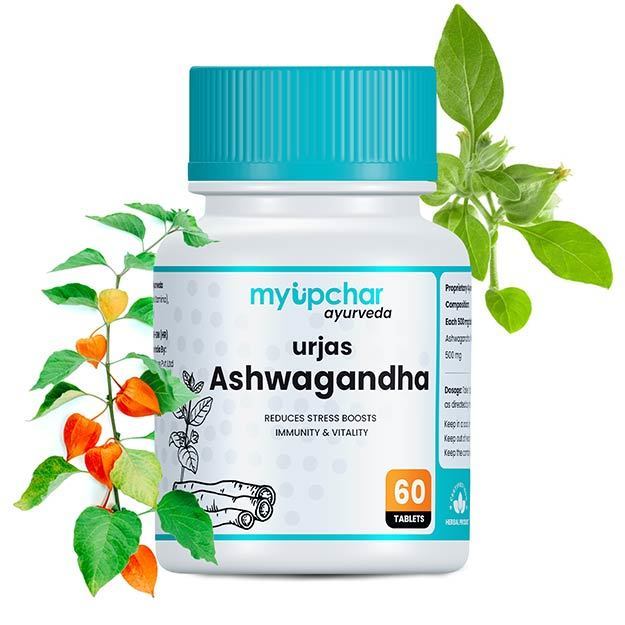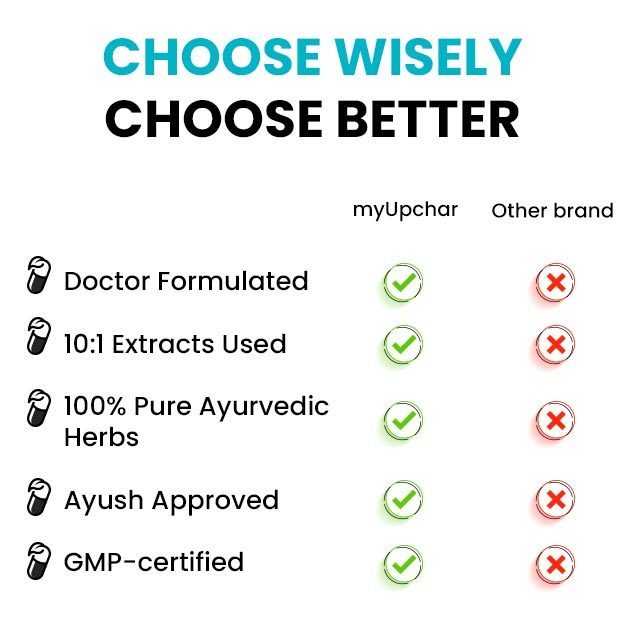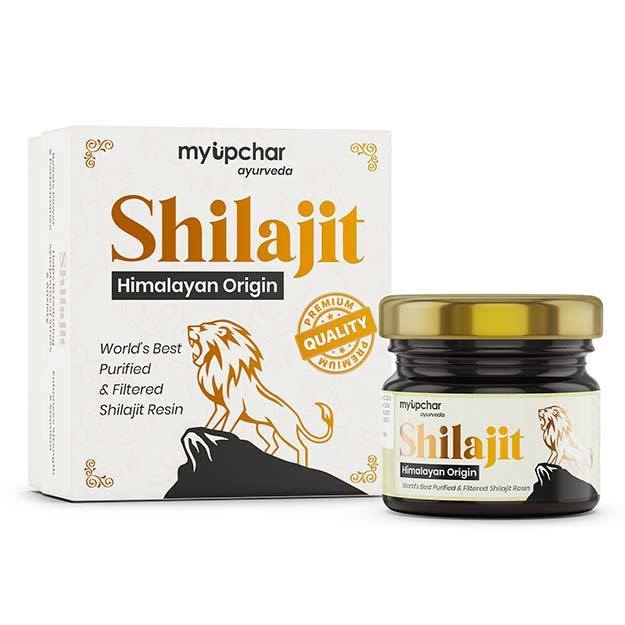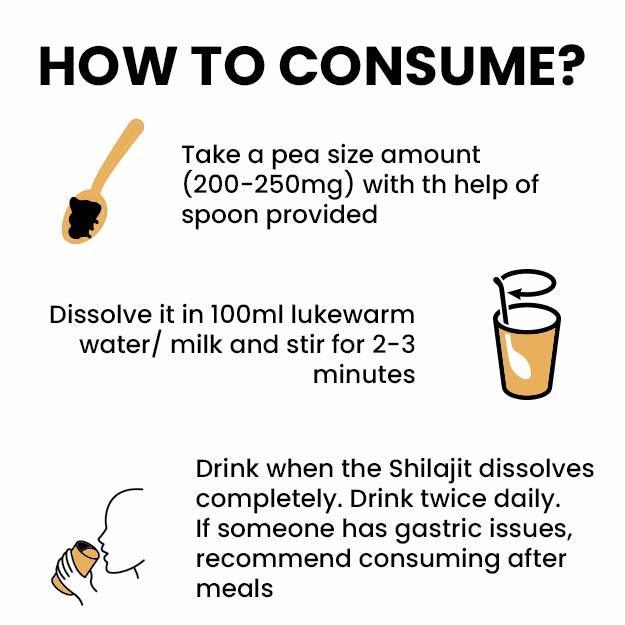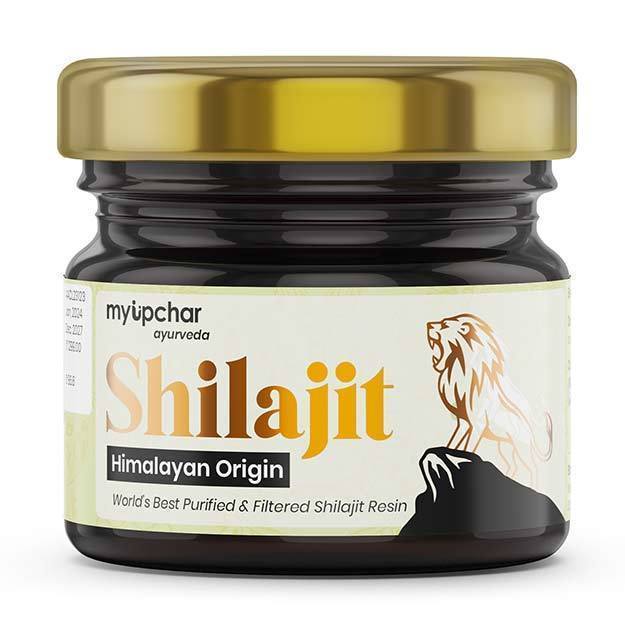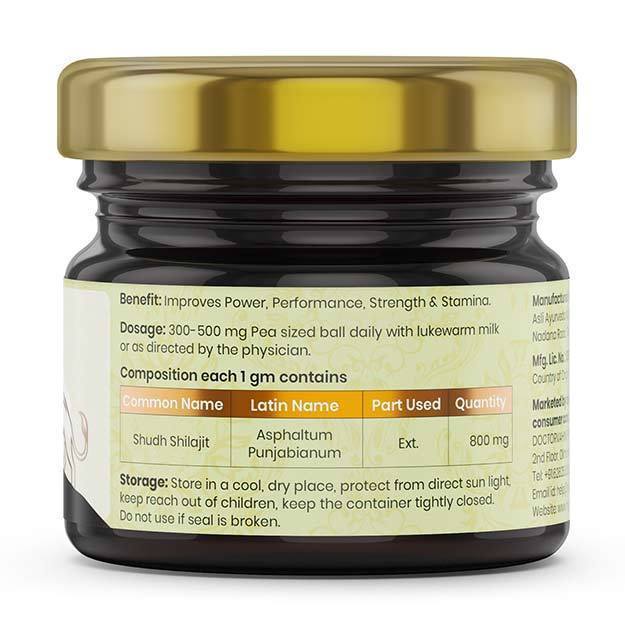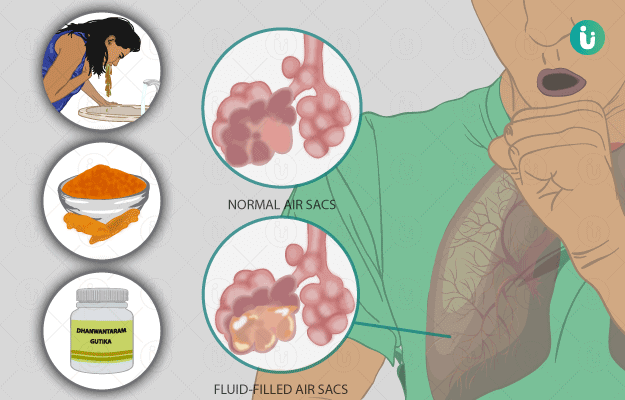Phlegm is a slimy viscous liquid produced by the respiratory system in response to the entry of irritants in the airways.
Mucus is a thin fluid that lines many of the tissues. It has a smooth, slippery consistency that protects and moisturises the organs and prevents the entry of foreign substances in the body by trapping them. Phlegm is the mucus that is produced in excess and coughed up to expel the irritants.
The common causes of excess production of phlegm include:
- Cold and flu
- Exposure to smoke or pollution
- Inflammation and irritation of the sinuses (Read more: Sinusitis symptoms)
- Allergic reactions
- Nasal polyps
- Nasal tumours
- Cold climate
- Infections of the sinuses
Phlegm may be worrisome if it causes discomfort and is accompanied by the presence of blood in sputum, nosebleeds, difficulty in breathing, night sweats, fever, chills and weight loss. Depending on the underlying condition, phlegm may also have yellow or green colour or unusual odour.
Troubled by obesity? Failed to lose weight? Now control weight easily by myUpchar Ayurveda Medarodha Weight Control Tablet. Get started today and take steps towards a healthy life.
Homeopathy describes several remedies for treating and removing excess phlegm from the chest. Some of these remedies include hepar sulphur, ammonium carbonicum, arsenicum album, ipecacuanha, stannum metallicum, senega, dulcamara, causticum, sanguinaria canadensis, kalium bichromicum, carbo vegetabilis, silicea terra.
A homeopathic doctor considers individual symptoms as well as their miasms or tendency to suffer from particular conditions to choose the correct remedy for them. However, since these remedies are so unique, a remedy that works well for one may not be effective for another person. So it is always best to talk to a doctor to get the right remedy.
- Homeopathic medicines for phlegm
- Dietary and lifestyle changes for a phlegm patient as per homeopathy
- How effective are homeopathic medicines and treatments for phlegm
- Side effects and risks of homeopathic medicine and treatments for phlegm
- Takeaway
Homeopathic medicines for phlegm
- Silicea Terra
Common Name: Silica
Symptoms: It is an advantageous remedy for treating excess phlegm in the body and helps manage the following symptoms:- Blocked nose along with anosmia (loss of sense of smell)
- Sore throat
- Sharp pain in the throat every time the person swallows
- The person expectorates small granules that when broken, give a bad odour
- The person tends to cough violently if he lies down, expectorating lumpy yellow phlegm
- Coughing up pus or blood
- Sneezing every morning
Symptoms worsen in the morning, on uncovering the body, lying down and also from damp conditions. Symptoms improve with warmth and in summer.
- Ipecacuanha
Common Name: Ipecac-root
Symptoms: Ipecacuanha is mainly used in persistent nausea and vomiting but can also be employed to treat the following symptoms:- Blocked nose
- Inflammation of the mucous membrane of the nose
- Watery eyes
- Nosebleed
- A feeling of tightness and congestion in chest as if it is full of phlegm (Read more: Chest congestion treatment)
- Difficulty breathing
- Rattling cough
- Intermittent fever
The symptoms worsen with time, if not treated appropriately. Moist warm weather aggravate the symptoms
- Arsenicum Album
Common Name: Arsenious acid
Symptoms: This medicine acts on every organ and tissue of the body and helps relieve weakness, exhaustion and burning pains. It can also help in the management of:- Blocked nose
- Watery discharge from the nose that abrades the skin
- Hay fever and inflammation of the mucous membrane of nose
- A burning sensation in the nostrils
- Nosebleeds
- Excessive sneezing
- Narrowing of airways
- Wheezing
- Fever
- Sleep disturbances
- Restlessness
The symptoms worsen in wet or cold weather and on taking cold beverages. Symptoms get better when the person keeps their head elevated and takes warm drinks.
- Hepar Sulphur
Common Name: Hahnemann's calcium sulphide
Symptoms: Hepar Sulphur is an effective medicine to treat catarrhal inflammation (inflammation of the airways) and excessive mucus secretion. It is also useful in the management of a few other symptoms, which include:- Ulceration and soreness of nostrils
- Runny nose
- Secretion of thick and offensive discharge from nose
- Coughing up mucus
- Hoarseness; the person is unable to speak
- Choking and rattling cough
- A sensation as if there is something blocking the throat, every time the person swallows
The symptoms worsen from dry and cold winds, touching the painful area, uncovering any part of the body and lying on the painful side. The symptoms get better on wrapping or covering the head, by warmth and post meals.
- Ammonium Carbonicum
Common Name: Carbonate of ammonia
Symptoms: Carbonate of ammonia is primarily useful in treating heaviness in any organ. It also treats conditions that affect the mucous membrane of airways. Following are a few other symptoms that can be managed using this remedy:- Sharp, burning and watery discharge from the nose
- A burning sensation along with pain in throat
- Blocked nose and difficulty breathing through the nose
- Presence of blood in nasal mucus
- Hoarseness
- Burning chest
- Cough at 3 am every day
All the complaints worsen in cold and rainy weather, in the evening, and during periods. The person feels better in dry weather and while lying on the stomach.
- Stannum Metallicum
Common Name: Tin
Symptoms: Stannum metallicum can be used to treat chronic conditions of the lungs associated with the discharge of pus and mucus. Following are a few other symptoms that can be treated using this medicine:- Feeling of weakness in throat and chest
- Expectorating green phlegm that tastes sweet
- Cough with scanty expectoration due to influenza
- A feeling of soreness in chest
- Can hardly talk due to a feeling of extreme weakness in the chest
- Violet cough that expels mucus
The symptoms worsen while laughing, talking and singing or lying on the right side. The complaints get better when the person coughs.
- Senega
Common Name: Snakewort
Symptoms: Senega can help in treating inflammation of the respiratory tract mucous membrane. It can also be used to treat the following:- Sneezing out thin and watery mucus
- Rattling in chest
- Sneezing right after coughing
- A shaky or quavering voice
- Inflammation of the mucous membrane of throat
The symptoms aggravate when the person rests or walks in open air. Symptoms improve when the person starts sweating or bends their head backwards.
- Dulcamara
Common Name: Bitter-sweet
Symptoms: This remedy is used for treating excessive mucus secretion and congestive headaches. It can also treat symptoms like:- Stuffiness of nose during monsoon
- Secretion of yellow mucus from the nose that has a thick consistency
- Whooping cough associated with profuse mucus secretion in the airways
- Presence of sticky white mucus in vomit
- Asthma
- Burning sensation all over the body
- The person tends to cough on being tired
Symptoms worsen at night and with increasing humidity. Symptoms improve on applying external warmth and with movement.
- Causticum
Common Name: Hahnemann's tinctura acris sine kali
Symptoms: Causticum can be used for the management of the following symptoms:- Cough
- Chest pain
- Expectorating only a small amount of phlegm that can't be thrown out and is hence often swallowed
- Ulcers in nostrils
- Coryza and hoarseness
Symptoms worsen due in cold wind. Symptoms get better with warmth and in wet weather.
- Sanguinaria Canadensis
Common Name: Blood root
Symptoms: This remedy is the best-suited for problems of the mucous membrane of the respiratory tract such as cough that occurs due to influenza. Sanguinaria Canadensis also helps treat the following symptoms associated with phlegm:- Cough associated with gut problems, which is often relieved by burping
- Cough that is associated with a burning sensation and pain in the chest
- Secretion of copious yellow discharge from nose
- Nasal polyps
- Inflammation of the mucous membrane of the nose
- Swelling in throat
All the symptoms worsen on moving about and on touching the affected area and they improve in darkness and after taking sufficient sleep.
- Kalium Bichromicum
Common Name: Bichromate of potash
Symptoms: Kalium Bichromicum is one of the most suitable remedies for treating wandering pains (pain that moves around the body), airway inflammation oand secretion of thick viscous secretions from the nose and respiratory tract. Following are a few other symptoms that can be treated using this remedy:- Pain in the area between eyes
- Greenish-yellow nasal discharge
- Violent sneezing
- Secretion of watery mucus from the nose
- Anosmia
- Coughing up a lot of yellow mucus
- Cough with chest pain
- Metallic taste in the mouth while coughing
The symptoms get worse in the morning and get better from heat.
- Carbo Vegetabilis
Common Name: Vegetable charcoal
Symptoms: Carbo Vegetabilis is beneficial in treating neglected pneumonia. It is also effective against the following symptoms:- Hoarseness, which worsens in the evening
- Whooping cough
- Throwing up mucus
- Burning sensation in the chest
- Coughing fits
- Foul-smelling phlegm
- Nosebleed
All complaints worsen in cold or warm and humid weather, in the evening and night, on going out in open air, and also after consumption of fatty meals. Symptoms get better when the person burps.
Dietary and lifestyle changes for a phlegm patient as per homeopathy
Although homeopathic remedies can help in treating and eliminating excess phlegm from the body, doctors advise some dietary and lifestyle modifications to promote the effects of these remedies. It is also recommended to avoid certain foods as they interfere with the therapeutic properties of homeoapthic medicines. Here are some do's and don'ts that you may be asked to keep in mind if you are on a homeopathic regimen:
Do’s:
- Include healthy and nutritious foods in your regular diet.
- Maintain good personal hygiene and keep your surroundings clean.
- Exercise daily or include some amount of physical activity in your routine.
Don’ts:
- Do not eat the root, stems or leaves of plants which possess medicinal properties.
- Do not drink caffeinated beverages and drinks with strong odours.
- Do not use perfumes that have a strong fragrance.
- Avoid staying in damp and marshy places.
- Avoid excesses of spices, sugar and salt.
- Avoid indulging in activities that may cause physical or mental exertion. Also, avoid emotions like anger and grief.
How effective are homeopathic medicines and treatments for phlegm
Various homeopathic remedies are available for treating conditions associated with excess phlegm production and secretion. They are given in minute quantities to the patient as per the disease symptoms and miasms and are helpful in eliminating the underlying cause of the condition.
A clinical trial conducted by the Central Council for Research in Homeopathy found that homeopathic medicines are effective in treating tracheobronchitis. All the participants in the study were aged between on to 15 years and had coryza, dry or productive cough and chest tightness. The participants were evaluated before initiating the therapy. A tracheobronchitis symptom scale was developed, consisting of various parameters such as coryza with cough, dry cough, chest tightness, wheezing, respiration rate, expectoration, painful cough, fever and irritable cough. Homeopathic medicines were selected based on the common symptoms of tracheobronchitis such as phlegm, yellow phlegm, profuse phlegm, scantyphlegm, painful cough, wheezing and blood-stained spitting. Phosphorus, arsenicum album, bryonia alba, pulsatilla nigricans, lycopodium clavatum, nux vomica, kali carbonicum, aconitum napellus, spongia tosta, ipecacuanha, silicea and natrum muriaticum were selected for the treatment. t the end of the study, a significant improvement was noted in all the symptoms in about 91% of the patients, including expectoration.
Side effects and risks of homeopathic medicine and treatments for phlegm
Homeopathic medicines are highly diluted natural products that are entirely free of adverse events and risks. However, consulting an experienced homeopathic doctor is essential to get the right treatment in any condition. A qualified doctor is aware of the composition of each remedy and will prescribe the right medication in appropriate potency based on the traits and clinical condition of the individual. They can be taken alone or along with conventional medicines.
Homeopathic medicines can be safely used for babies, children, adults as well as elderly and pregnant women.
Takeaway
Mucus is a normal body secretion that protects and moisturises tissues. However, excess phlegm production and secretion may be associated with an underlying condition. Phlegm can cause hoarseness and irritate the lining of the throat and nose. Homeopathic remedies have been proven to be effective in managing excess mucus secretion in the body and its associated symptoms. They are helpful in clearing the excessive phlegm and inhibiting mucus overproduction by treating the underlying condition.
Find Homeopathic Doctor in cities
References
- Cleveland Clinic. [Internet]. Cleveland, Ohio. Mucus and Phlegm: What to Do If You Have Too Much
- Stanford Children's Health. Chronic Rhinorrhea (Runny Nose). California; [Internet]
- Oscar E. Boericke. Repertory. Médi-T; [lnternet]
- The European Comittee for Homeopathy. Benefits of Homeopathy. Belgium; [Internet]
- Wenda Brewster O’Reilly. Organon of the Medical art by Wenda Brewster O’Reilly . B jain; New Delhi
- V Singh, V.A.Siddiqui Siddiqui, H Singh et al. A Prospective Multicentre observational Study to Evolve the usefulness of Group of Homoeopathic Medicines in the Management of Acute Tracheobronchitis* C Nayak et al A Prospective Multicentre observational Study to Evolve the usefulness of Group of Homoeo. January 2010

